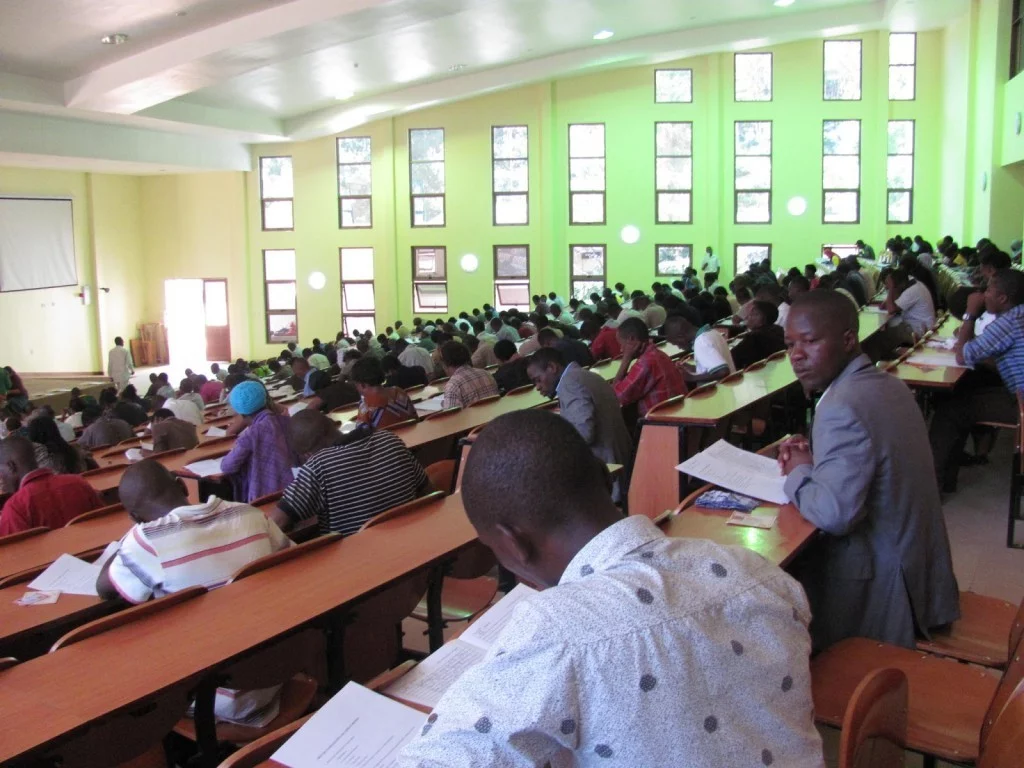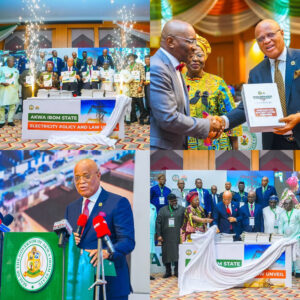
A proposed bill by the House of Representatives seeking to impose a five-year prison sentence or a N500,000 fine—or both—on individuals convicted of leaking examination questions has stirred diverse reactions across the country.
The bill, titled “Examination Malpractices Act (Repeal and Enactment) Bill, 2025 (HB2097),” is sponsored by Esosa Iyawe, who represents the Oredo Federal Constituency. It was introduced on March 6, 2025, and is currently awaiting a second reading.
According to the bill’s explanatory note, it aims to repeal the existing Examination Malpractice Act Cap. E15, Laws of the Federation of Nigeria, 2004, and enact a new law that broadens the definition of examination-related offences while introducing both custodial and non-custodial punishments.
The proposed law stipulates that any person found guilty of procuring or using exam questions—real or fake—or using technological devices during an exam, could face a fine of N500,000, up to three years in prison, or both. For offenders under the age of 18, these penalties would still apply but with consideration under the Child Rights Act.
However, education officials such as principals, teachers, invigilators, examiners, or employees of examination bodies face harsher penalties—four years in prison with no option of a fine—if found guilty of aiding or engaging in malpractices.
Additionally, those engaged to mark exam scripts who alter or tamper with candidates’ scores without lawful reason could be fined N400,000, jailed for four years, or both. The same penalty applies to examination body staff who manipulate scores or assist candidates in cheating.
The bill also targets candidates who steal or tamper with question papers or answer scripts, with penalties including a N500,000 fine, up to three years imprisonment, or both. Impersonation during exams draws similar punishments, with stiffer sentences for school officials—again, four years without an option of a fine.
Other offences outlined include leaving the exam venue to cheat, communicating unauthorized information to candidates, or loitering around exam centers with intent to assist. These carry penalties ranging from N300,000 to N500,000 fines, up to three years in prison, or both.
The proposed legislation has generated a flurry of mixed reactions from the public. Critics argue that the National Assembly should focus on more pressing national issues.
Chief Maxi Okwu, a lawyer and former national chairman of the All Progressives Grand Alliance (APGA), slammed the bill as a reflection of legislative idleness.
“There are far more urgent matters at hand—security, hunger, poverty. Why prioritize exam malpractice now?” Okwu queried. “It’s not like I support malpractice, but lawmakers should address bigger challenges like terrorism and kidnappings.”
Okwu also noted that current laws already provide penalties for examination malpractice. “If they want to improve the law, fine—but it shouldn’t take precedence over critical national threats.”
Public affairs analyst and legal practitioner Adekunle James echoed similar sentiments. He questioned the credibility of the lawmakers themselves, alleging that some may have forged academic credentials.
“How can people accused of certificate forgery preach against exam malpractice? It’s hypocritical,” he said. “The existing laws are strong enough; the focus should be on issues affecting everyday Nigerians—security, cost of living, healthcare.”
James expressed disbelief that exam malpractice is receiving such attention amid widespread insecurity and economic hardship. “People can’t afford rent, food, or basic healthcare. Yet, this is what our lawmakers are debating? It’s shameful,” he said.
He urged lawmakers to focus on legislation that improves citizens’ welfare, protects lives, and tackles the real crises Nigeria is facing.
While some agree that reforms are needed in the education system, the timing and emphasis of this bill have sparked a broader conversation about legislative priorities in a country facing multiple crises.







![[PHOTOS] Arewa Offa, Mustapha Amidat Concludes Skill Acquisition, Exhibition Programme](https://newsbulletin.com.ng/wp-content/uploads/2025/09/IMG-20250920-WA0011-300x300.jpg)